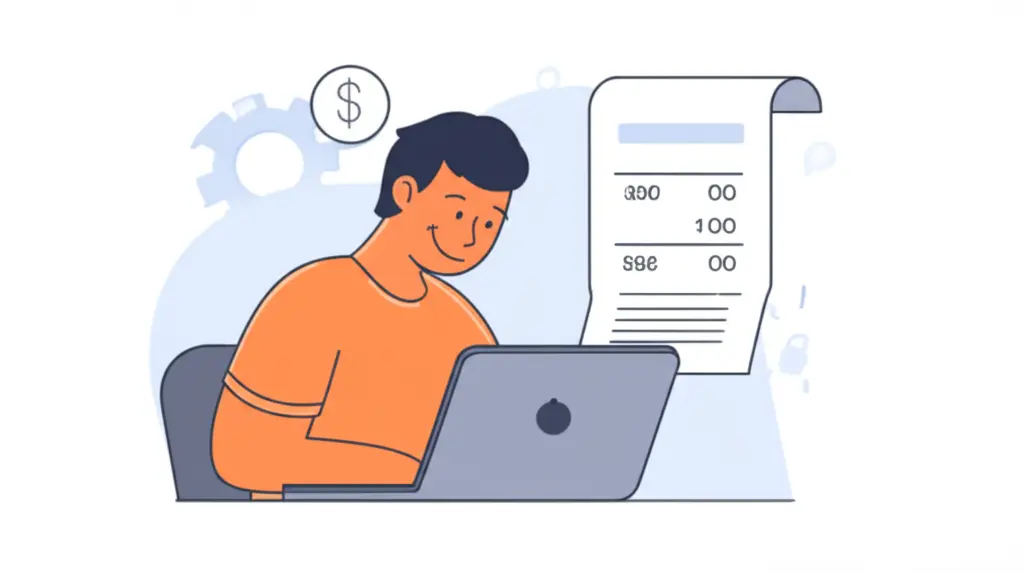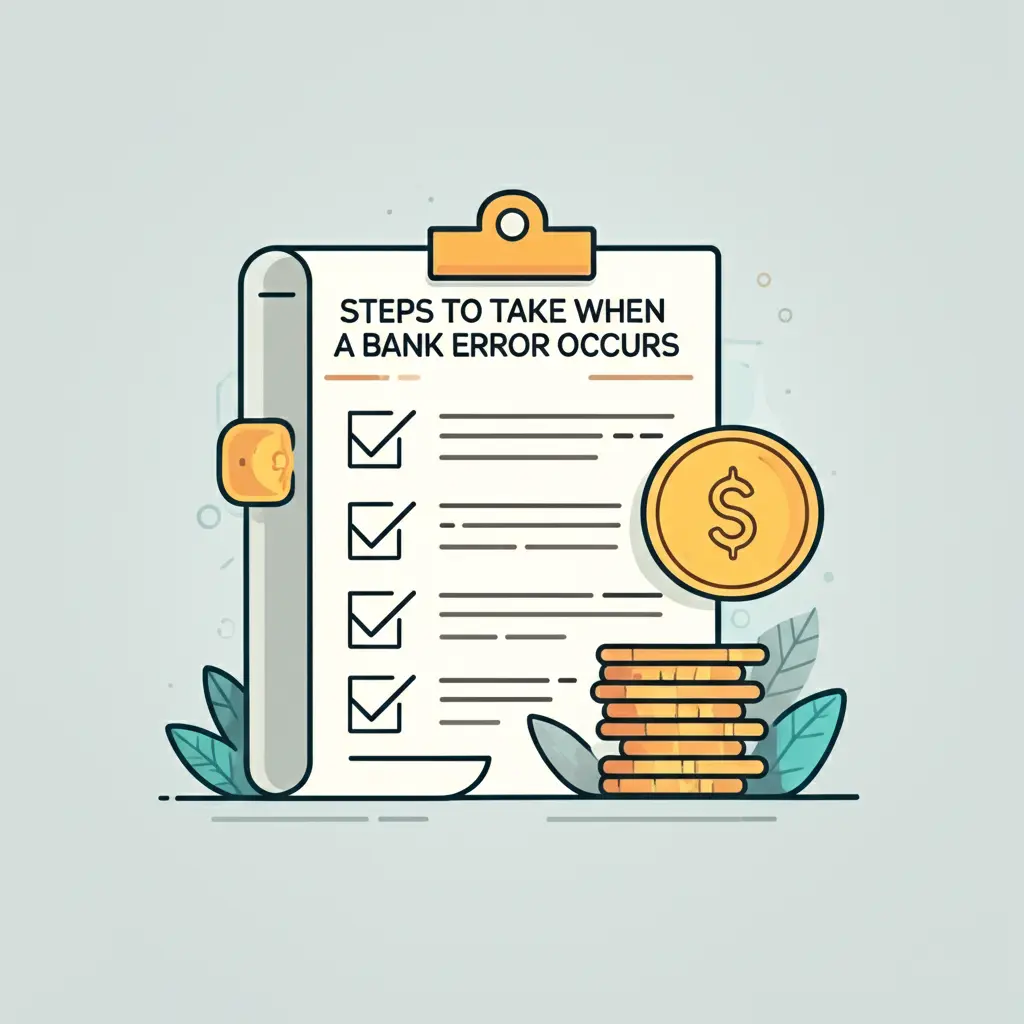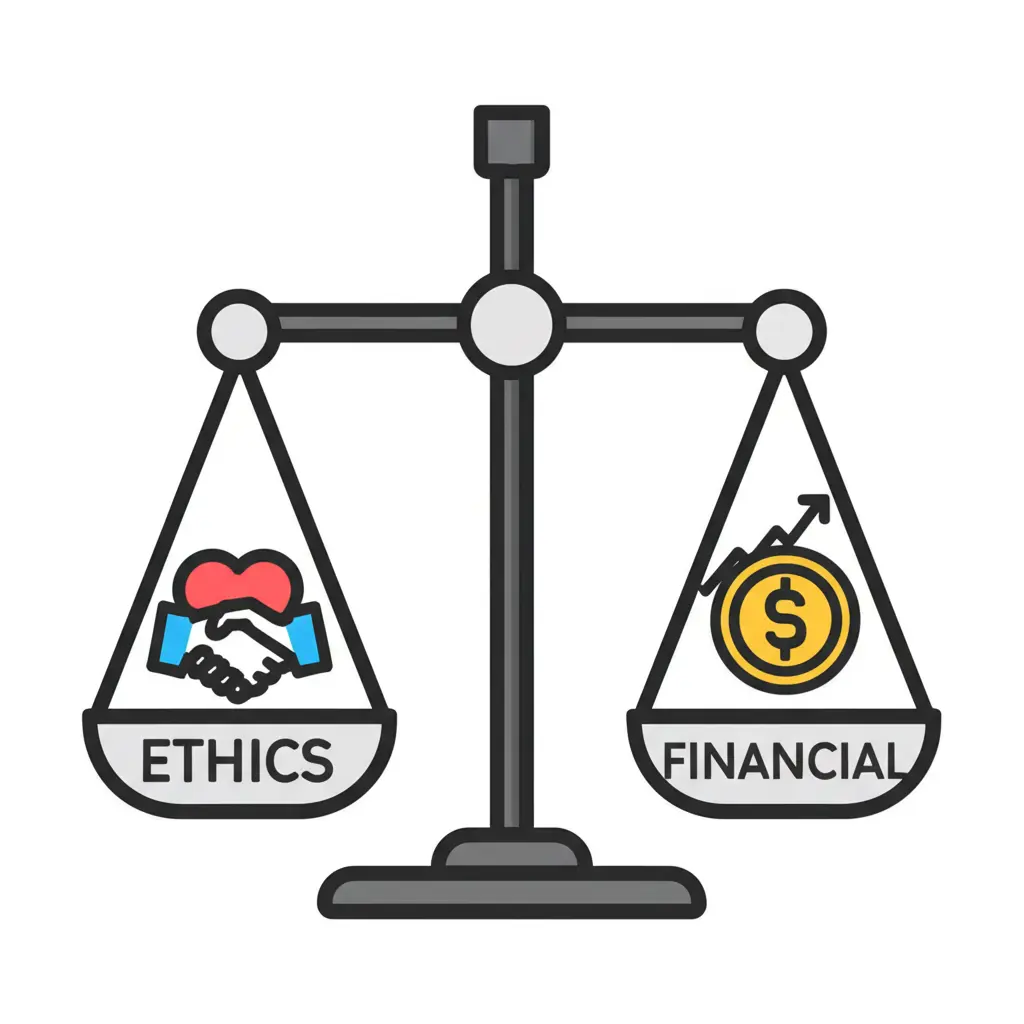Unexpected Bank Error: What to Do When the Bank Makes a Mistake in Your Favor
Find out what steps to take if your bank makes an error in your favor.

Imagine logging into your online banking account one morning, half-awake and clutching your coffee, and your eyes widen in disbelief: there's more money in your account than you expected. A bank error has occurred, and it’s in your favor. The first reaction might be a mix of excitement and confusion. But before you start planning how to spend the extra cash, here’s what you need to know and do.
Understanding Bank Errors in Your Favor
Let’s break down what a bank error in your favor typically involves. Banks handle vast amounts of transactions every day, and while they usually get it right, sometimes things go awry. Common mistakes include double deposits, interest miscalculations, or an unexpected transfer into your account.
Why Do Bank Errors Happen?
These errors can result from simple human mistakes, software glitches, or delays in transaction processes. Although rare, they are not unheard of, and knowing how to handle the situation is crucial.
Steps to Take When You Spot a Bank Error

It’s tempting to let the extra funds sit and hope nobody notices, but legal complications can arise if the bank demands the money back. Here are some steps you should follow:
- Don’t Spend the Money: This cannot be stressed enough. Spending money that doesn’t technically belong to you might lead to legal issues.
- Contact Your Bank: Reach out directly through their customer service line or in-branch. Explain the situation and ask for clarification on the discrepancy.
- Document Everything: Record your communications with the bank. Save emails, note down phone conversation details, and keep copies of any mail correspondence.
- Seek Professional Advice: If the resolution seems complex or slow-paced, consulting a financial advisor or legal expert might be beneficial.
The Ethical and Legal Implications

Holding on to an error can lead to both ethical and legal dilemmas. Ethically, it’s important to consider whether keeping the money aligns with your personal values. Legally, unreturned funds are often subject to recovery, especially when the error is reported.
Conclusion: Staying Proactive
Your financial well-being is paramount, and managing unexpected banking errors judiciously is part of it. By staying informed, communicating clearly with your bank, and maintaining a record of interactions, you can navigate these situations smoothly. Have you ever encountered a bank error? How did you handle it? I’d love to hear your experience in the comments below!




